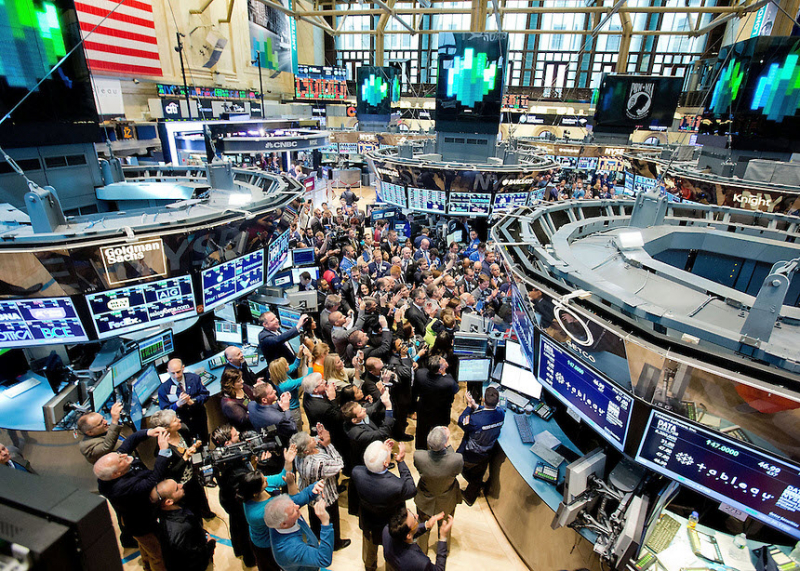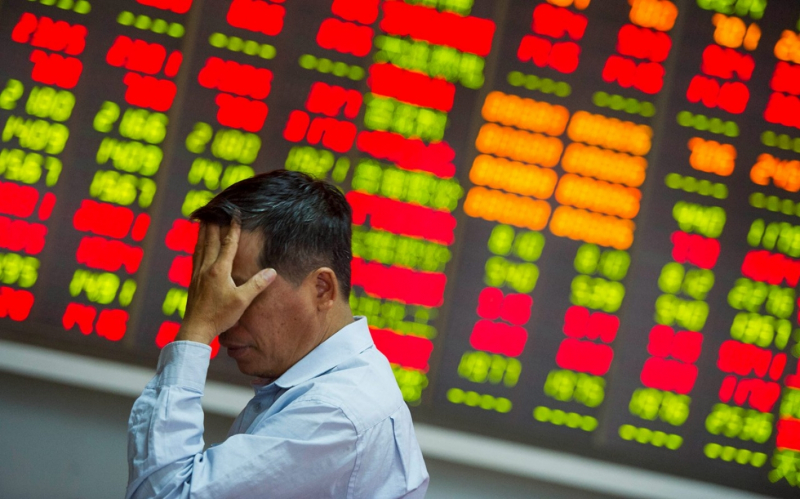Disaster Impact
One of the most upsetting events of its day was the passing of President Kennedy on November 22, 1963. People remembered their locations and activities at the time for decades afterward. Wall Street shut down the market as the rest of the country fell into grief and uncertainty, joining Wall Street in disbelief.
It did, at least, for two days. That is how long it took the market to make up all of the losses incurred as a result of the assassination. It barely took a month for the market to recover after the 9/11 attacks, which stunned the country more than Kennedy's passing. In short, supply chain disruptions and other types of disasters that have a more tangible impact on the economy have less of an influence on the market than tragedies that primarily have a psychological effect.
The conclusion that can be drawn from all of these entries is that you should have some liquid assets on ready in case a huge tragedy occurs that you can ghoulishly take advantage of. You don't need a hedge fund manager, and algorithms are probably too simple to adequately take advantage of it. But don't count on being able to deduct it from your taxes if the scheme backfires and you sell quickly. Cheers to trading!












